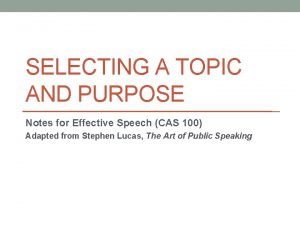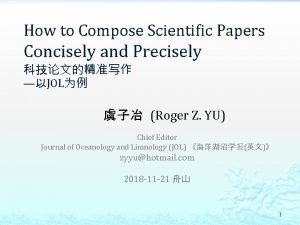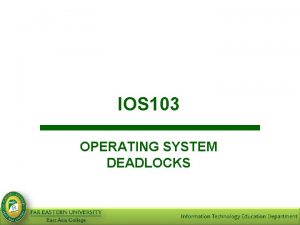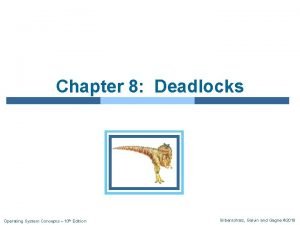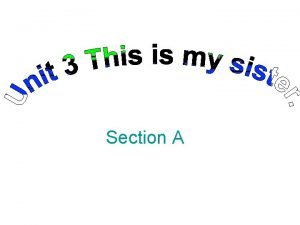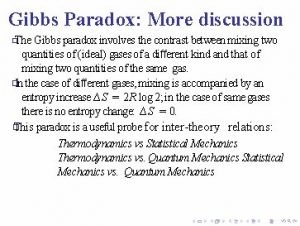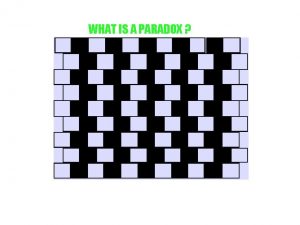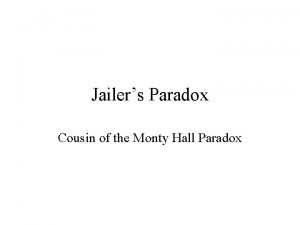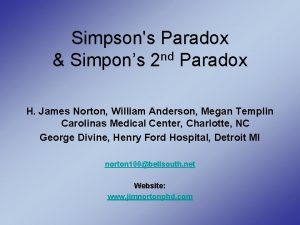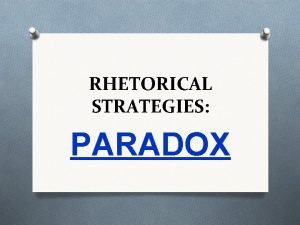The paradox of education is precisely thisthat as








- Slides: 8

The paradox of education is precisely this—that as one begins to become conscious one begins to examine the society in which he is being educated. The purpose of education, finally, is to create in a person the ability to look at the world for himself, to make his own decisions…. But no society is really anxious to have that kind of person around. What societies really, ideally, want is a citizenry which will simply obey the rules of society. If a society succeeds in this, that society is about to perish. The obligation of anyone who thinks of himself as responsible is to examine society and try to change it and to fight it—at no matter what risk. This is the only hope society has. This is the only way societies change.

Understanding Literary Criticism

Primary vs. Secondary Source • Primary source-original materials that have not been filtered through interpretation or evaluation; Primary source documents are those written at the time of the period under study • Secondary source- interpretations and evaluations of primary sources; accounts written after with the benefit of hindsight; Secondary sources are written "after the fact" that is, at a later date.

What is Literary Criticism? • Literary criticism is the evaluation, analysis, or interpretation of literary works by scholars. It is usually in the form of a critical essay. • Literary theory provides readers with the tools to uncover the often-invisible workings of the text.

What is Ideology? • In essence an ideology is a system of thought or “world view” which an individual acquires (usually unconsciously) from the world around him. An ideology determines what you think is important in life, what categories you put people into, how you see male and female roles in life, and a host of other things. You can visualize your ideology as a grid, or a set of glasses, through which you can see the world. • -Bonnycastle (1998).

Why should I care about literary criticism? • Because you should challenge the ideologies around you and form your own critical view of the world, its problems, and its people. • Not critical, like bad. Critical as in…you ask questions and you form your own answers; you challenge ideas and form your own thoughts.

What is the connection between Literary Criticism and ideology? • By reading and understanding literature, you can then think critically about it and resist the ideology that surrounds you. In English class, you read texts that are full of ideology. The best way to uncover and explore these ideologies is through the explicit teaching of contemporary literary theory. Literary theory provides readers with the tools to uncover the often-invisible workings of the text.

Evaluating Sources • https: //www. flocabulary. com/source-evaluation/
